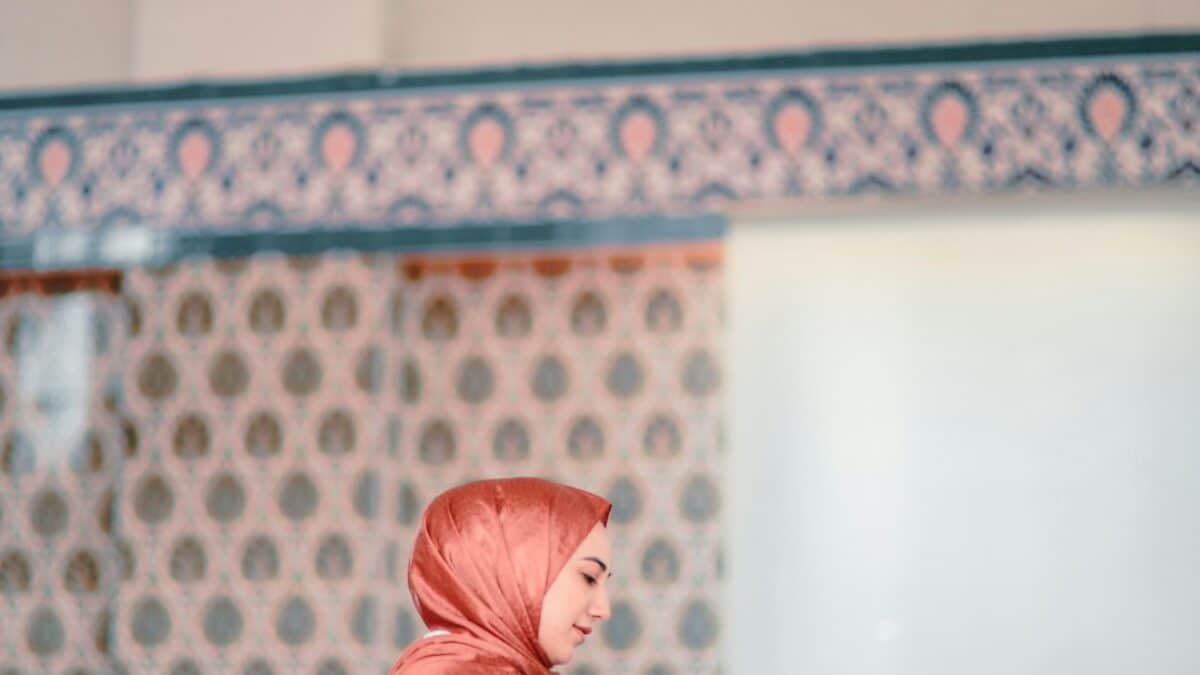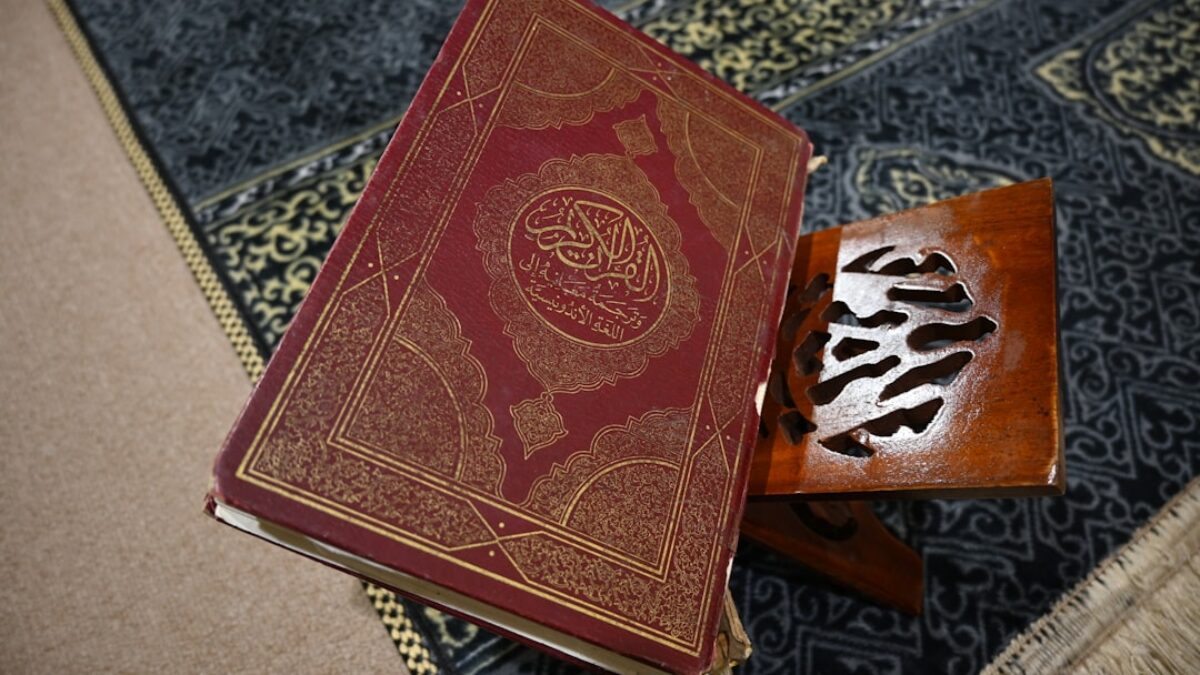Learning good manners is exciting when you discover that every polite word, gentle action, and caring smile can be a shining act of worship. In Islam, kindness and respect are not just “nice extras”; they are daily Sunnah—the beautiful habits Prophet Muhammad ﷺ practiced and encouraged for all ages. This fun guide turns everyday moments into mini-adventures of faith where kids can explore how to speak, share, greet, and play the Islamic way.
Understanding Islamic Manners for Kids
Before we jump into games and stories, it helps to understand what Islamic manners actually mean. In Arabic, manners are called akhlaq, which comes from the same root as “character” and “creation.” Just as Allah created us in the best form, we are invited to polish that creation with beautiful character. Kids are not “too young” for this mission; Aisha (may Allah be pleased with her) narrated that the Prophet ﷺ said, “The best of you are those best to their families, and I am the best to my family.” If the Prophet cared for children and called them “flowers of Paradise,” then learning manners is really a treasure hunt for Paradise!
What Makes Manners “Islamic”?
Three features lift ordinary kindness into Islamic akhlaq:
- Intention: We try to please Allah, not just people.
- Source: We copy the Prophet’s way shown in Qur’an and Hadith.
- Consistency: We practice at home, school, masjid, and online.
Why Focus on Children?
Young hearts are like soft clay—easy to shape yet capable of holding the finest details. When kids learn early, good manners become second nature, saving them from bad habits later. Besides, children who live the Sunnah inspire parents, teachers, and friends to do the same; the reward for guiding one child is like the reward for guiding an entire community.
Key Components of Islamic Manners
The building blocks can be grouped into four colorful “bricks.” Each brick can be decorated with stories, crafts, and mini-challenges to keep learning lively.
Brick 1: Respectful Speech
The tongue is tiny, yet it can raise a person to a high level in Paradise or drop them into the Fire. Teaching polite speech starts with:
- Salam first: Say Assalamu ‘alaykum with a smiling face. Make it a “password” to enter any room at home.
- Magic words: JazakAllahu khayran (may Allah reward you) instead of plain “thanks,” in sha’ Allah when making plans, and astaghfirullah to erase mistakes.
- Whisper zone: Set up a corner with cushions where siblings practice lowering their voices when upset.
Fun Exercise: Compliment Chain
After Maghrib prayer, sit in a circle. One child starts by giving a sincere compliment to the person on the right (“I like how you helped set the table”). That person passes a new compliment to the next one. The chain continues until everyone has received and given a compliment wrapped in barakah.
Brick 2: Kind Actions Toward People
Actions speak louder than words, especially when those actions mirror the Prophet’s.
- Serving parents: A small glass of water handed with two hands carries the reward of Hajj according to some narrations.
- Sharing toys: Create a “Sadaqa Box” for gently used toys. Once a month, kids choose items to donate to a local shelter.
- Helping neighbors: Bake date cookies together, then deliver them with a handwritten Salam card.
Role-Play Scenario: The New Kid at School
Act out the first day of a new Muslim student. Practice greeting, sharing lunch, and inviting to play. Afterward, discuss feelings and how Allah rewards inclusion.
Brick 3: Respect for Property and Environment
True respect extends to everything Allah created.
- Permission before touching: Knocking before entering, asking to borrow a pencil, or seeking approval to pet someone’s cat.
- Earth-friendly Sunnah: Following the Prophet’s habit of using little water in wudu, picking up litter, and planting trees.
- Mosque manners: Walking calmly, lining shoes neatly, and leaving prayer areas cleaner than we found them.
Green Muslim Challenge
For one week, track how many pieces of trash each child collects and recycles. Award the “Eco Sunnah Star” badge drawn on card stock with glitter pens.
Brick 4: Daily Sunnah Routines
Embed mini-worship inside habits kids already have.
| Time of Day | Sunnah Act | Kid-Friendly Phrase |
|---|---|---|
| Waking up | Wipe face, say Du‘a | “Good morning, Allah!” |
| Before eating | “Bismillah” | “Start with Allah’s name, food tastes yummy!” |
| Leaving home | Say Du‘a, right foot first | “Right foot, bright day!” |
| After school | Greet parents, pray two rak‘ah | “Salam Mom & Dad, then Salaah—heart is glad!” |
| Bedtime | Dust bed, recite Du‘a | “Clean sheets, safe sleeps.” |
Benefits and Importance
Practicing Islamic manners delivers rewards that blossom in this life and the next.
Spiritual Rewards
Every Salam plants a tree in Paradise, every shared snack extinguishes sins like water on fire, and every gentle word raises the child’s rank on the Day of Judgment.
Worldly Advantages
- Better friendships: Kids who respect others become magnets for good friends.
- Self-confidence: Knowing they follow the best example gives children inner pride.
- Emotional intelligence: Recognizing feelings in others creates future leaders.
Family Harmony
When parents and children speak the same “manner-language,” homes turn into mini-paradises. Fewer arguments, more laughter, and lots of barakah fill the space.
Practical Applications
Let’s translate theory into action plans that fit real schedules, budgets, and energy levels.
Weekly Manners Theme Calendar
Pick one theme each week, gather simple materials, and weave the lesson into daily life.
- Monday: “Manners in the Mouth” – focus on polite phrases.
- Tuesday: “Caring Hands” – small chores for family.
- Wednesday: “Listening Ears” – practice active listening without interrupting.
- Thursday: “Thankful Hearts” – gratitude journal with drawings.
- Friday: “Forgiving Friends” – role-play apologizing and accepting apologies.
- Saturday: “Neighborly Love” – deliver a treat or note.
- Sunday: “Self-Reflection” – sit under a blanket fort, talk about wins and next goals.
Interactive Story Time
Create a Prophet Passport. After reading short hadiths about kindness, kids stamp the passport with star stickers. Ten stars earn a “Prophetic Picnic” in the backyard.
Digital Etiquette for Young Muslims
Even preschoolers use tablets, so early guidance matters.
- Ask before opening: Teach them to request permission whenever they see a new app, just like asking before entering a room.
- Time boundaries: Use a timer shaped like a mini-mosquito that “buzzes” when screen time ends.
- Kind comments: Practice writing positive messages to grandparents on family chat groups.
Manners Around Food
Transform meals into training grounds.
- Set the table together; each child places a card with a Sunnah eating tip.
- Play “Dua Detective”: one person forgets to say Bismillah; others must spot it and gently remind.
- Hold a “Left-Hand Challenge” to practice using the right hand while eating.
School Life Scenarios
Equip children with scripts they can use when challenges arise.
| Situation | Islamic Response | Phrase to Use |
|---|---|---|
| Classmate mocks hijab | Stay calm, educate kindly | “My scarf is my superhero cape; want to learn why?” |
| Group project quarrel | Listening circle, share ideas | “Let’s take turns; you go first.” |
| Losing a game | Congratulate winner | “MashaAllah, great job! Let’s play again soon.” |
Frequently Asked Questions
What is the best age to start teaching Islamic manners?
From birth. The Prophet ﷺ said, “Command your children to pray when they are seven.” Before seven, children absorb by observation. Speak gently in front of babies, smile while serving your spouse, and your child will mimic those patterns even before they can talk.
How can I make manners fun for my hyperactive child?
Turn lessons into movement games. For example, play “Sunnah Freeze Dance” where kids dance to nasheed and freeze when the music stops to perform a Sunnah act—like saying Salam, making du‘a, or giving a high-five with jazakAllah. Frequent bursts of activity satisfy their energy while reinforcing skills.
What should I do when my child forgets manners in public?
Correct privately, praise publicly. Kneel to their eye level, whisper a reminder, and thank them when they fix the behavior. Children feel respected and are more likely to remember next time.
Can we use non-Muslim storybooks to teach kindness?
Yes, if you filter content. Choose stories that align with Islamic values, then add a Qur’anic verse or hadith to connect the dots. After reading “The Rainbow Fish,” quote “They give preference to others above themselves…” (59:9) to show sharing is divine.
How do I handle relatives who say, “Kids will be kids”?
Respond with a smile and a short hadith: “Each of you is a shepherd…” Then share your child’s recent success story (“Yesterday my five-year-old served tea to Grandma and said jazakAllah when she thanked him”). Positive proof often softens skeptic
























Post Comment